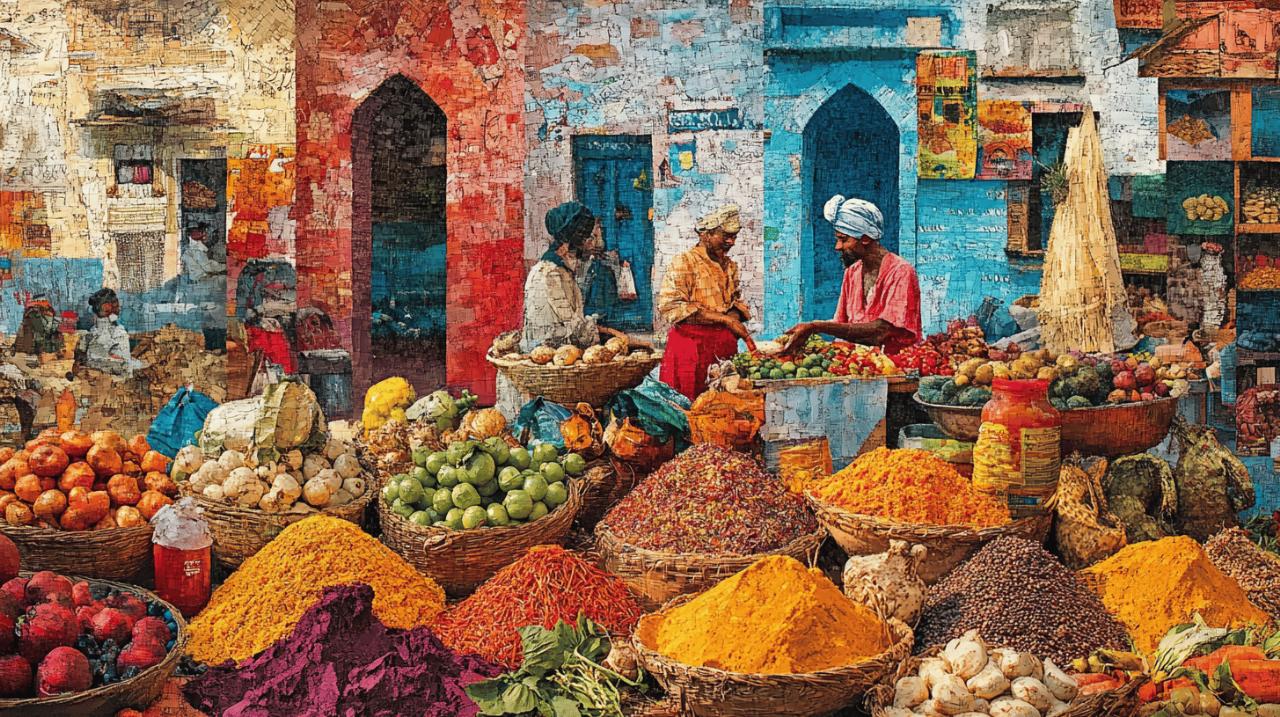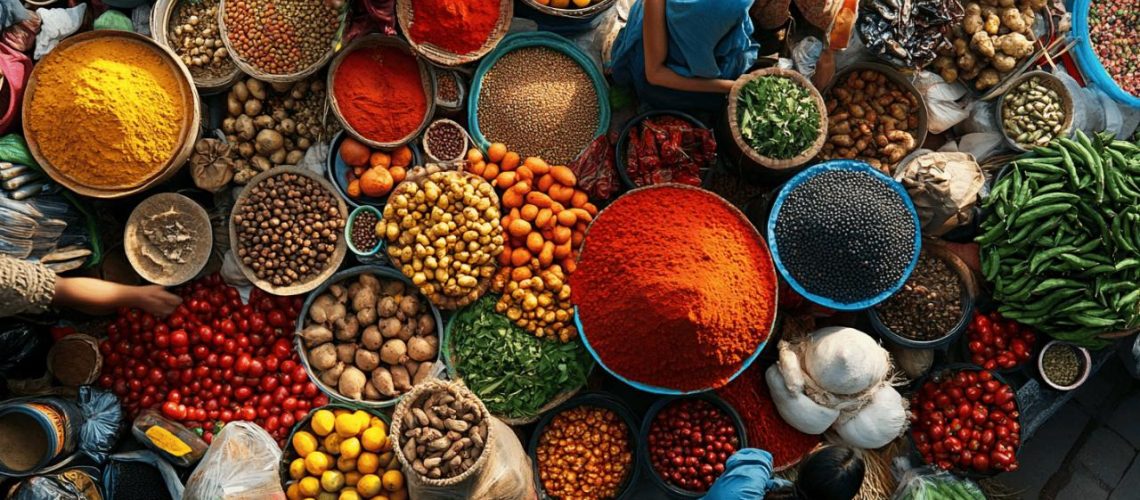Embarking on a journey across the globe offers more than just sightseeing; it provides an opportunity to connect with cultures, traditions, and people in meaningful ways. From tasting exotic flavors to learning ancient cooking techniques, authentic travel experiences can transform our understanding of the world. The pursuit of genuine cultural encounters has become increasingly popular among travelers seeking connections beyond tourist attractions.
Immersing Yourself in Local Ways of Life
True cultural immersion begins when travelers step outside their comfort zones and engage directly with local communities. Ameropa Viaggi travel experts suggest that meaningful travel experiences come from embracing the unfamiliar and opening yourself to new perspectives. This approach allows travelers to develop deeper connections with the places they visit, creating memories that extend far beyond typical tourist experiences. Whether exploring the vibrant streets of Delhi or wandering through Italian villages, immersion offers insights into daily life that cannot be found in guidebooks.
Living with indigenous communities
One of the most profound ways to experience authentic culture is through homestays with indigenous communities. These experiences offer a window into traditional ways of life that have survived for centuries. In regions like North India, travelers can participate in daily activities such as preparing a traditional thali meal alongside local families. These interactions provide not only cultural education but also support sustainable tourism practices that benefit local economies. The exchange goes beyond simple observation, allowing travelers to contribute to community projects and develop meaningful relationships with their hosts.
Participating in Traditional Festivals and Ceremonies
Festivals and ceremonies represent the heart of cultural expression around the world. Timing your travels to coincide with these events offers unparalleled opportunities for immersion. From colorful religious celebrations in Mexico to seasonal harvest festivals in Tuscany, these gatherings showcase traditions that define community identity. Culinary travel enthusiasts particularly value these occasions as they often feature special dishes prepared only during festival times. Guided food experiences during these events provide context and understanding that enhance appreciation of both the cuisine and its cultural significance.
Exploring Global Gastronomy at its Source
 Food serves as a universal language that communicates history, geography, and cultural values. Culinary holidays have emerged as a popular way for solo travelers and groups alike to explore destinations through their flavors and food traditions. Companies like Let’s Eat The World specialize in creating immersive gastronomy tourism experiences that connect travelers with authentic cooking traditions. Their culinary vacations in locations such as Parma, Italy and Uzès in Southern France allow participants to discover regional specialities directly from the source.
Food serves as a universal language that communicates history, geography, and cultural values. Culinary holidays have emerged as a popular way for solo travelers and groups alike to explore destinations through their flavors and food traditions. Companies like Let’s Eat The World specialize in creating immersive gastronomy tourism experiences that connect travelers with authentic cooking traditions. Their culinary vacations in locations such as Parma, Italy and Uzès in Southern France allow participants to discover regional specialities directly from the source.
Street food markets and their cultural significance
Markets form the beating heart of food culture in communities worldwide. Barcelona’s Boqueria Market exemplifies this phenomenon, where visitors can observe local food customs while sampling fresh ingredients. These vibrant spaces offer more than just sustenance; they provide gathering places where cultural exchange naturally occurs. Food tours through these markets, such as the taco crawls in Mexico City or wandering through spice bazaars in Delhi, reveal the social dimensions of eating. Experienced guides can explain the historical context of dishes while introducing travelers to vendors who have perfected recipes over generations.
Learning ancient cooking techniques from local chefs
Cooking classes with local experts represent one of the most enriching aspects of culinary travel. In Forlimpopoli, Italy, travelers can learn traditional pasta-making techniques from Le Mariette, women who preserve authentic Italian home cooking methods at Casa Artusi. Similarly, a cooking class with a Michelin-starred chef in Barcelona provides insights into contemporary interpretations of traditional cuisines. These hands-on experiences teach more than recipes; they convey cultural values and historical context that shape food traditions. In Modena, visitors to Antica Acetaia Villa Bianca learn about the painstaking process of producing traditional balsamic vinegar, which requires grapes to reach a sweetness level of at least 18% and aging periods that can extend to 25 years or more.
For those seeking authentic travel experiences centered around food, planning becomes essential. Researching seasonal specialties, festival calendars, and local cooking classes before departure ensures meaningful encounters. Whether traveling solo or in small groups with an average size of 11 people, culinary adventures offer windows into cultures that typical tourism often misses. From wine tasting in French vineyards to learning about the production of traditional ingredients like balsamic vinegar, these journeys create lasting connections to places through their flavors, techniques, and the people who preserve food traditions.

